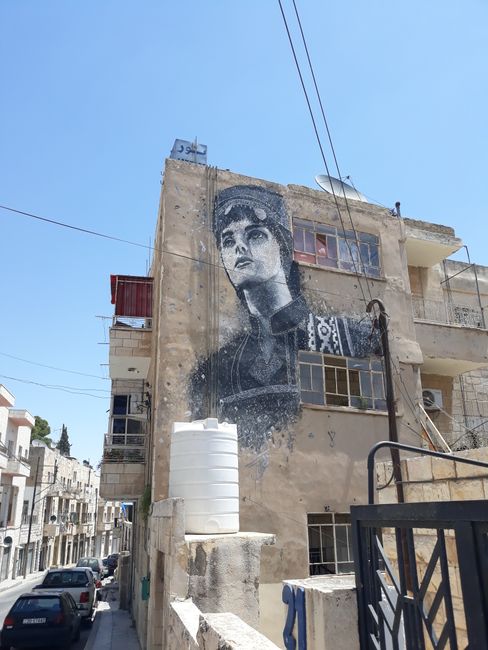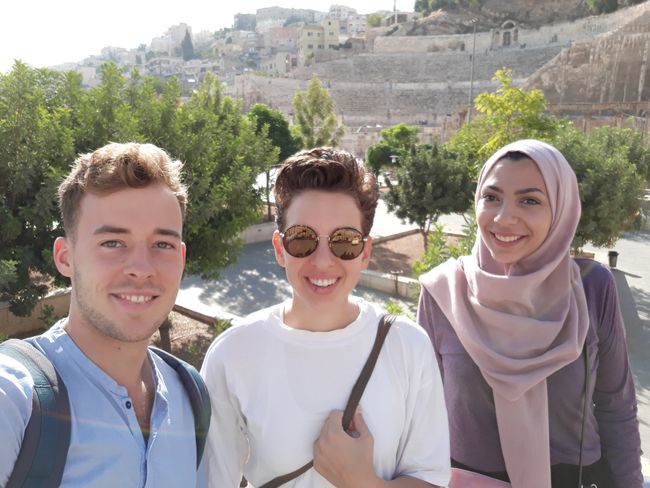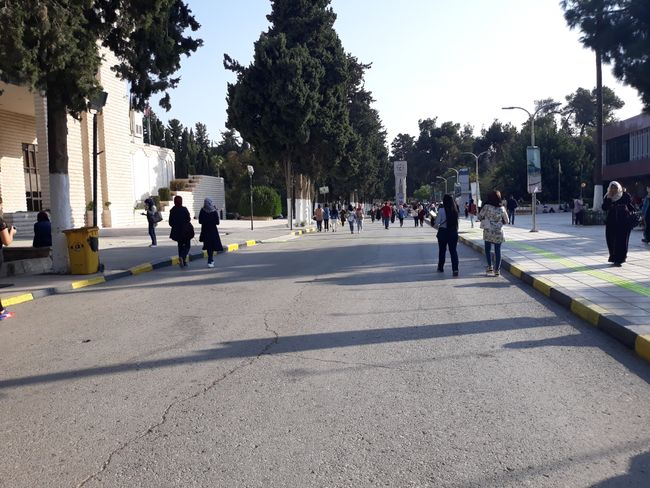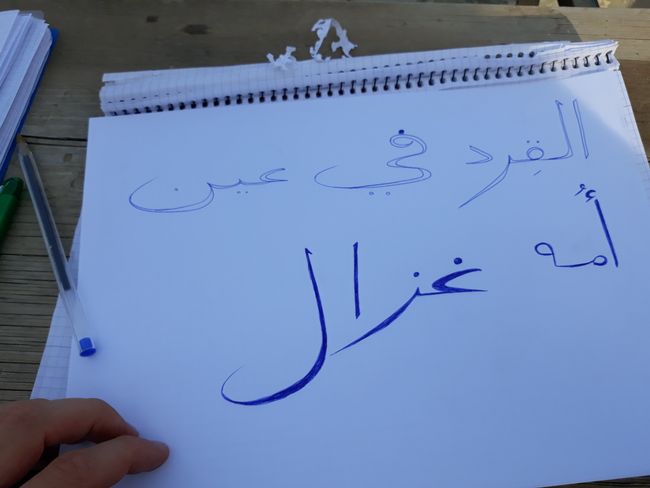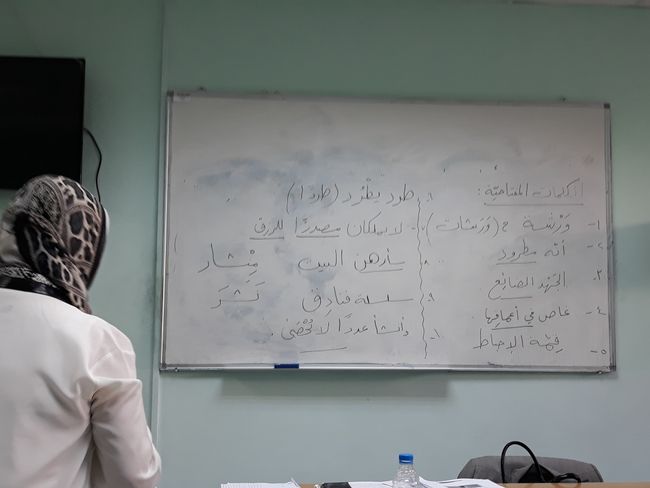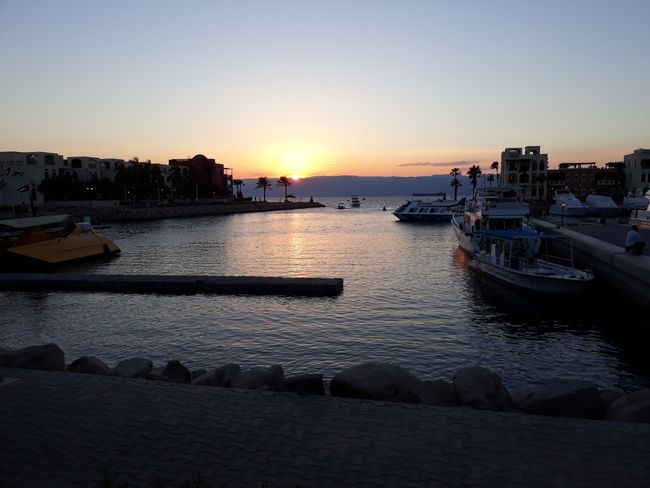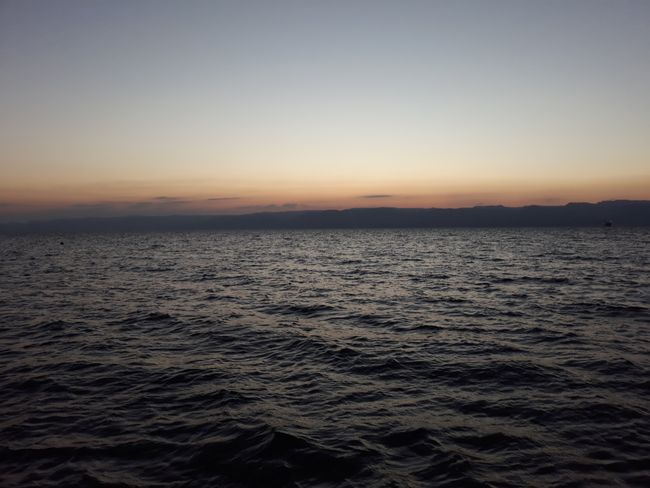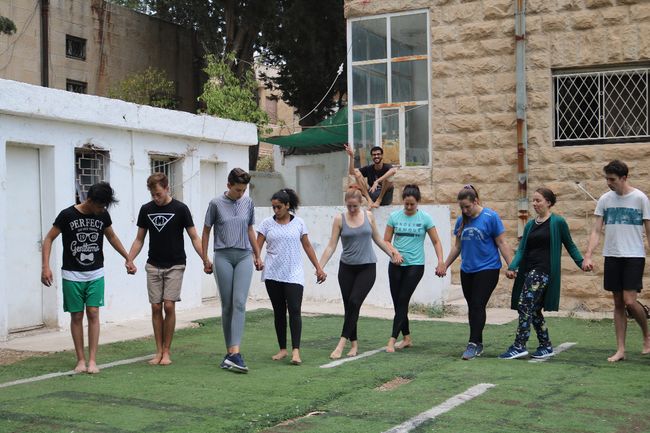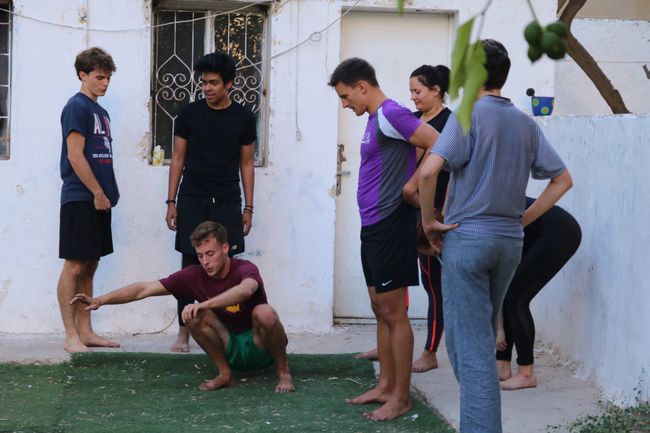Heinrich Heine and the Cup of Coffee
Foillsichte: 22.10.2018
Subscribe to Newsletter
After a little over two months in Jordan, it's time for a little report.
Language
The artificial classical Arabic, which is especially popular in official circles, poetry and journalism, is what I get to improve day by day at university. An integral part of this "Latin of the Arab world" is frustration and cynicism. It often consists of terms that an average Arab has never heard in his life - let alone used. For example, we learn three synonyms for "snake", or we have to memorize the name of the sound trees make in the wind.
As pompous as it may seem to speak this language, it is very useful for understanding news and highbrow literature - and for showing off.
I am satisfied with the lessons themselves. Out of a possible nine levels, I found myself in the sixth. The instructors are very experienced, although their pedagogy differs significantly from that in German universities. As much as the instructors personally appreciate good performance, they seem to take unexcused absence personally. Of course, I never miss unexcused 😉. In fact, I am in the minority in the class whose names the instructors know right away - and that reveals an obvious preference for certain students.
(Those who are denied this privilege are enthusiastically addressed as ARMENIA, CHINA, or ROMANIA - a contrasting image when thinking about the debates on politically and gender-sensitive language at German universities.)
Last week, I was able to lend my voice to the campus radio station with a few selected classmates. I explained why I am learning Arabic in Jordan and what is incredibly fantastic about (Standard) Arabic. For me, it was the second radio appearance in the Arab world: one year ago in Tunisia at the national level within the framework of a UNESCO project.
Alhamdulillah (Thanks be to God), there is also the dialect (3amiyye), which is much more fun. The lively and street-spoken Arabic is working better and better. The foundation of the German language helps a lot with pronunciation. German is similarly difficult - not like Chinese: the Chinese/Taiwanese students are often barely understandable, whether it's in Standard Arabic or dialect.
As for linguistics in general: Anyone who has waited at the Westhafen subway station in Berlin for a while will find a comment by Heinrich Heine that states that his name does not appeal to the French ear. So he is called "En En".
Now I can understand dear Heinrich very well. Finn apparently seems like a speech therapy feat for the average Arab. So various instructors call me "Finnem, Wenn, Fillem, Fanni, or Fenn", which always creates a good mood among my classmates, who also eagerly adopt these neologisms.
Accommodation
One floor below our comfortable and pleasant 3-person flat is a 4-person flat that forms a temporary family with me. We often eat dinner together. They call me Finnjamin or "Finnjan Qahua" (cup of coffee).
Work/Hobby
My project "Movisionamman" (Sports/Movement) is going very well. Last Friday, about 20 people participated. A friend of mine taught us Debkeh - a Palestinian folk dance. You can see everything on Instagram: Movisionamman.
In addition, I teach English conversation lessons once a week at a private school for 4th and 5th graders. It's not only refreshing, it's also decently paid.
Other
After more than two months, I am noticing a change in my "national feeling". Especially in the international/cultural environment of the university, but also in everyday life, I am becoming more aware of my German/Central European (albeit constructed) identity. This may be due to corresponding associated behaviors and preferences: precision, punctuality, organizational enthusiasm, impatience. I even had acquaintances bring me Pumpernickel from home! But what I miss the most is good cheese!
Solution to the mystery of the last blog: The car that drifts through the streets with an unknown yet catchy melody sells gas canisters. When showing Jordanians this melody abroad, there is a very high chance that they become nostalgic.
Subscribe to Newsletter
Freagairt
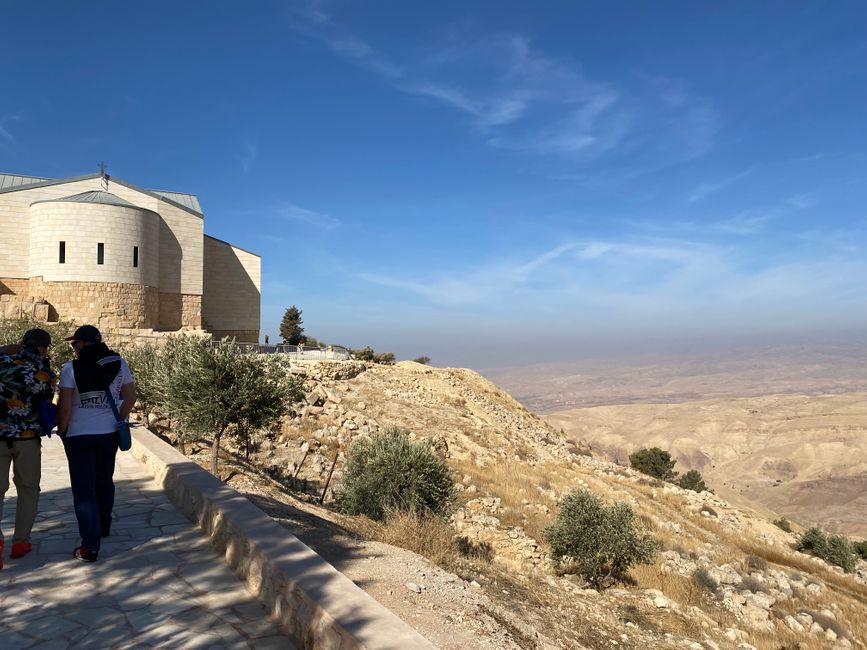
Aithisgean siubhail Iòrdan

